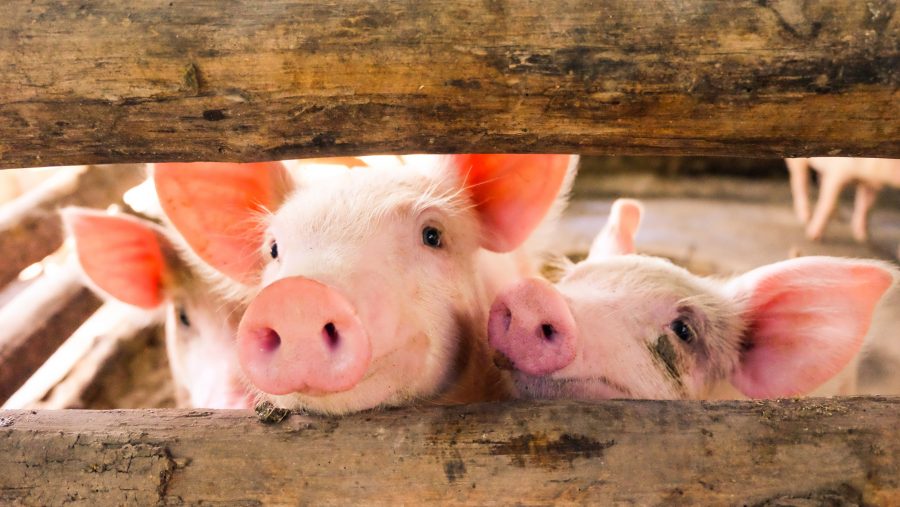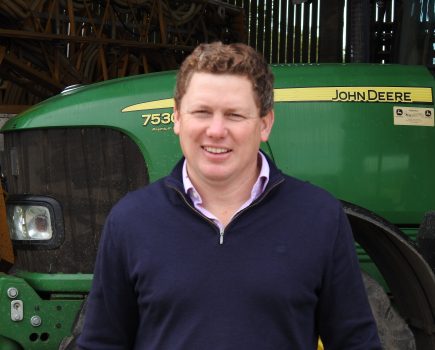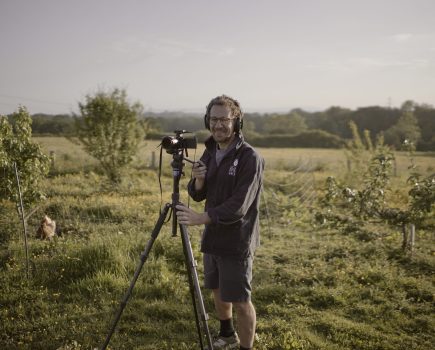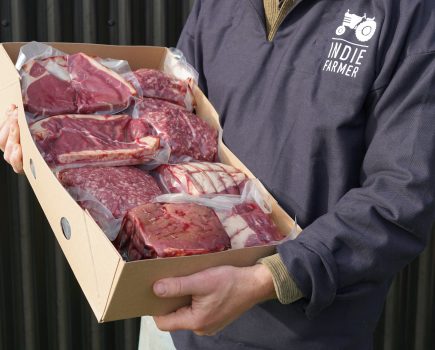The National Pig Association (NPA) has welcomed DEFRA’s commitment to take action to repair what has been widely described as a “broken” pork supply chain and acknowledged that its responses “address most of the key asks NPA put forward in October 2022”.
DEFRA’s consultation on contractual practices, which closed in October, received what the NPA described as a “hugely impressive” 374 responses from across the pig sector, most from independent producers, giving the department a clear mandate to pursue meaningful reforms.
NPA Chair Rob Mutimer said: “We are very pleased that DEFRA has taken on board the very clear messages from the NPA and the wider industry about what needs to be done to fix our broken supply chain.
“For too long, producers have been treated poorly and contracts have not been worth the paper they were written on – and we have seen some disastrous consequences of that behaviour over the past two years.
“We believe the measures set out today, including legal underpinning for contracts that delivers a fair, transparent and negotiable contract system, will help deliver a fairer and more sustainable environment for pig producers.”
DEFRA has also committed to developing and collecting more supply chain data, which the NPA believes will support the industry in understanding the market and forecasting.
NPA chief executive Lizzie Wilson said: “We are pleased with the pace DEFRA has worked at to get to this point and are keen that this policy remains a priority. They have also committed to working with industry on the next phase of policy development and NPA are happy to be fully engaged.
“But the bottom line is that, while legislative changes can set the framework for reform between the producer and whoever they have their contract with, real change must also come from within the supply chain.
“We have lost almost one-fifth of our pig breeding capacity as a result of two years of crisis. Pig prices might be rising, but pig producers are still hurting badly, with huge financial holes to fill, and confidence remains low.”







